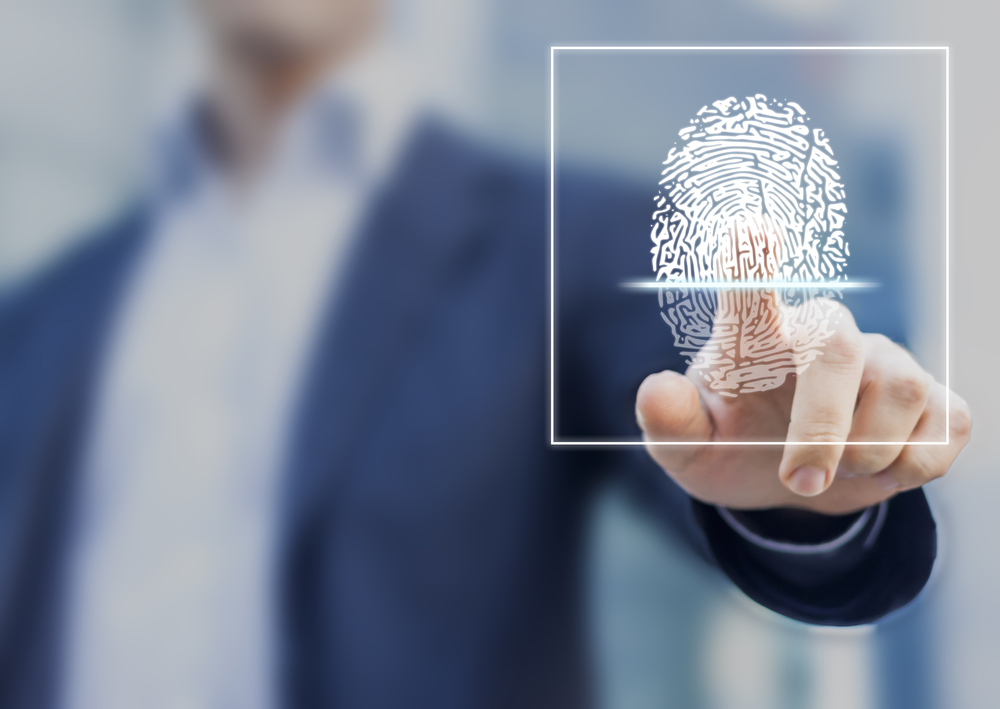
In our previous post we discussed why having legal identity was essential to exercising human rights. However, legal identity is also crucial to strengthening a country’s institutional framework and making sure governments can provide citizens with the best policy possible. Such questions were also raised at the ID4Africa event this week in Johannesburg.
To recap, legal identity is the legal registration and documentation of a citizen that entitles them to the rights and benefits of their country. There are a variety of forms legal identity can take, including examples such as, a birth certificate, passport or driver’s license. It is currently estimated 1.5 billion people globally do not have a legal identity, denying them access to basic human rights, such as healthcare and education.
However, the extent to which legal identity has been adopted in a country also has a significant impact on governments and other institutions. This is because efficient and integrated registration of the population provides civil registry authorities with data to input into the country’s system of vital national statistics. For example, the Office of National Statistics (ONS) in the UK provides the UK government with information on how many people are unemployed. When a country includes a large percentage of citizens with no legal identity there is a lack of balanced quantitative data that a government can use to develop efficient public programs.
Using the example above, if the ONS unemployment figures were heavily skewed due to many citizens not having legal identity, the government might find it harder to effectively distribute unemployment benefits. Often this lack of information can result in incomplete and ineffective public policies that, in turn, creates and cements inequality. Unregistered and undocumented populations also challenge the accountability and transparency of the government, as the government cannot provide or share accurate information with its citizens.
Nonetheless, even when a state government has the best of intentions to provide its citizens with a legal identity, there are often unnecessary barriers that make it a complex process. For example, many countries have fragmented ID schemes, where there are multiple overlapping and incompatible systems in place. These come at a great financial cost, often only possible with high levels of donor support. Even tiny Somaliland is planning for two separate systems, each using fingerprints, and iris and face biometrics — massive financial overkill for an entity with some four million people. Meanwhile, citizens are put off by the inconvenience of having to enrol multiple times in multiple programs.
It is therefore essential for governments to use a system that both provides an accurate legal identity for everyone at a reasonable cost and is also user friendly, encourages fast adoption and has no barriers to access and use for citizens. A proportion of the population must not be excluded because of excessive charges, indirect costs, and convoluted processes, or simply because they don’t have physical access to the service.
By recognizing these factors as potential pitfall areas for countries, we make sure our biometric and digital data solutions are tailored to the specific needs of government’s and citizens. Our system can also be used for all registries including CRVS, population databases, voter registers, travel document databases and more. This creates an all-in-one solution easier for both governments and citizens to use.
As the world becomes increasingly digitized, legal identity will become all the more critical, as will the need for co-operation between organizations that have identified ways digital identity can achieve both protection and inclusion. For example, if biometric or other personal data is stored digitally this will help countries identify refugees who flee there in times of crisis and did not take their physical ID records with them. Biometric and digital data is therefore a much more robust way of providing citizens with a legal identity, if adopted and stored correctly.
The global era of networked communication and computing has ushered in a new enthusiasm for the potential of identification systems to efficiently and comprehensively reach and serve the world’s poor and vulnerable. The achievement of the UN’s Sustainable Development Goal, a legal identity for all, will only be possible through the power of digital technologies.
Gemalto as a board member of the Secure Identity Alliance is also fully supporting the OSIA initiative, which is an open standard set of interfaces (APIs) that enables seamless connectivity between all components of the identity management ecosystem – independent of technology, solution architecture or vendor. Now, governments around the world can exert full control over their national identity programs – to better protect citizens and their civil rights, to deliver equality of access to economic and social services, and to achieve their national development agendas.


